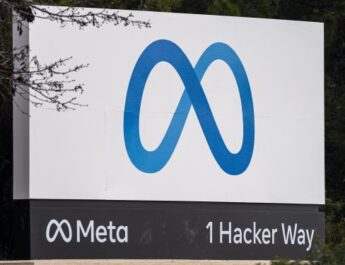The Battle for Control at TuSimple: Xiaodi Hou vs. Chen
TuSimple, a leading autonomous trucking company, has been embroiled in a contentious struggle for control between its co-founder and former CEO Xiaodi Hou and its current Chairman and CEO Cheng Lu. But amidst this power play, a lesser-known figure has emerged as a key player: James Chen.
In November 2024, Hou signed an agreement with Chen that would give the latter "irrevocable proxy and power of attorney" over Hou’s shares in TuSimple. This deal granted Chen control over 29.7% of the company’s total voting power, effectively making him the majority shareholder.
However, Chen has since reaffirmed his claim to Hou’s shares in a Securities and Exchange Commission filing dated November 9, 2024. In this filing, Chen stated that he controls 57.9% of the company’s voting power, and that while the irrevocable proxy had terminated, the voting agreement between Hou and him remained in full force.
This move has significant implications for TuSimple’s leadership structure. If Chen succeeds in maintaining control over Hou’s shares, it would allow him to entrench his position as Chairman and CEO and prevent shareholders from replacing the entire board in a single vote.
A Complicated History
The dispute between Hou and Chen is rooted in their complicated history with TuSimple. In 2022, the two co-founders were at odds over the company’s direction and leadership structure. The tension culminated in a public feud that was eventually settled when Hou stepped down as CEO and Chen took over.
However, behind-the-scenes negotiations led to an agreement between the two men to combine their voting powers to reinstate Chen on the board and bring Hou back as CTO. This deal granted Chen control over 29.7% of TuSimple’s total voting power.
The Court Battle
In recent weeks, the dispute has escalated into a full-blown court battle. On November 9, 2024, Hou filed a complaint against Chen in Delaware Chancery Court, alleging that Chen had breached their agreement and was attempting to maintain control over his shares despite the expiration of the irrevocable proxy.
The hearing is set for December 2, with Hou requesting that the court expedite its review of the complaint and postpone TuSimple’s annual meeting. If the request is granted, it could prevent shareholders from voting on key proposals, including a plan to create a classified board that would entrench Chen’s control.
A Proxy War
The dispute between Hou and Chen has sparked a proxy war for control of TuSimple. As the company’s largest shareholder, Chen has the power to shape its direction and leadership structure. But with Hou’s complaint alleging breach of contract and abuse of power, it remains unclear who will ultimately emerge victorious.
In this complex battle for control, one thing is certain: the future of TuSimple hangs in the balance. Will Chen succeed in entrenching his position as Chairman and CEO? Or will Hou manage to regain control and steer the company back on track? Only time will tell.
Related Stories
- TuSimple’s Leadership Dispute Heats Up: The ongoing battle for control at TuSimple has sparked concerns among investors and analysts about the company’s future prospects.
- Autonomous Trucking Industry: A Look Ahead: As the autonomous trucking industry continues to evolve, companies like TuSimple are facing increasing competition from rivals and startups alike.
Stay Up-to-Date on the Latest News
Follow TechCrunch for the latest news and updates on TuSimple’s leadership dispute and the autonomous trucking industry.




